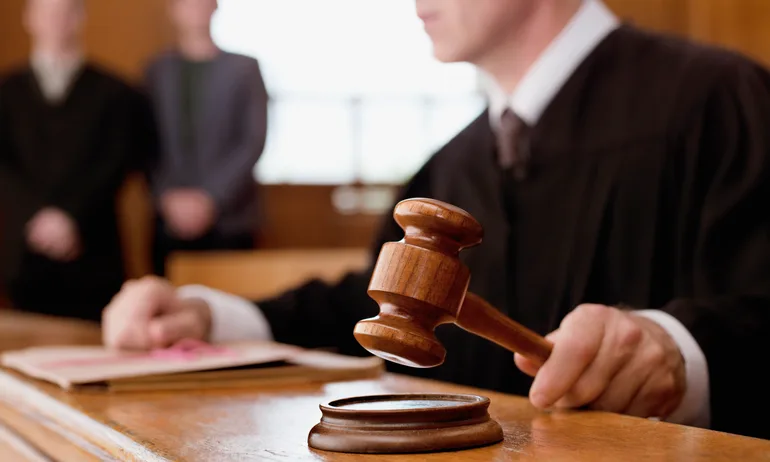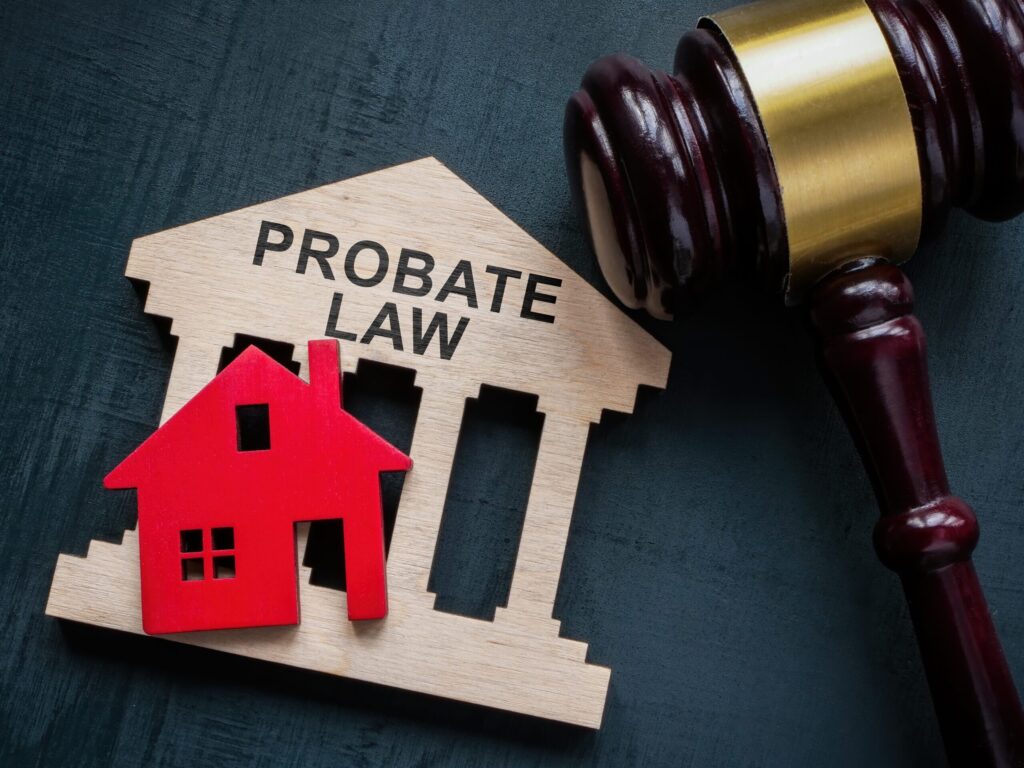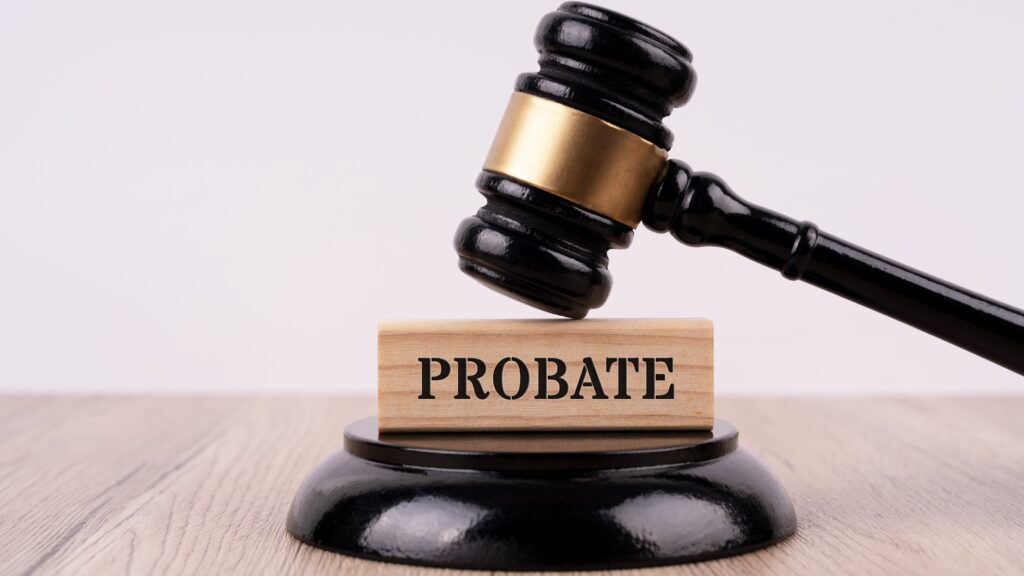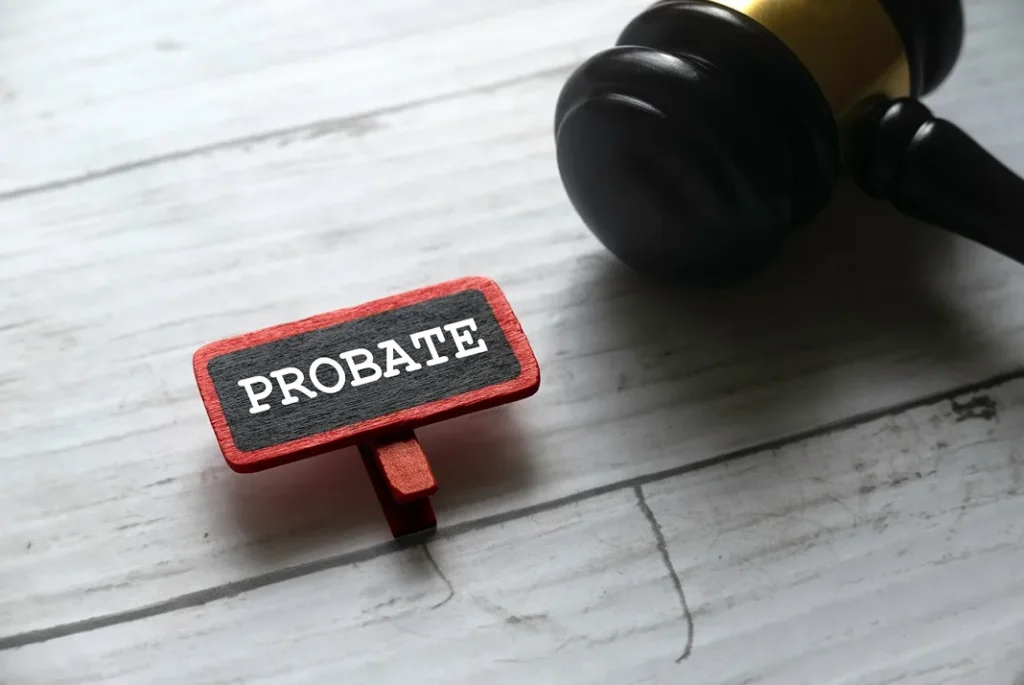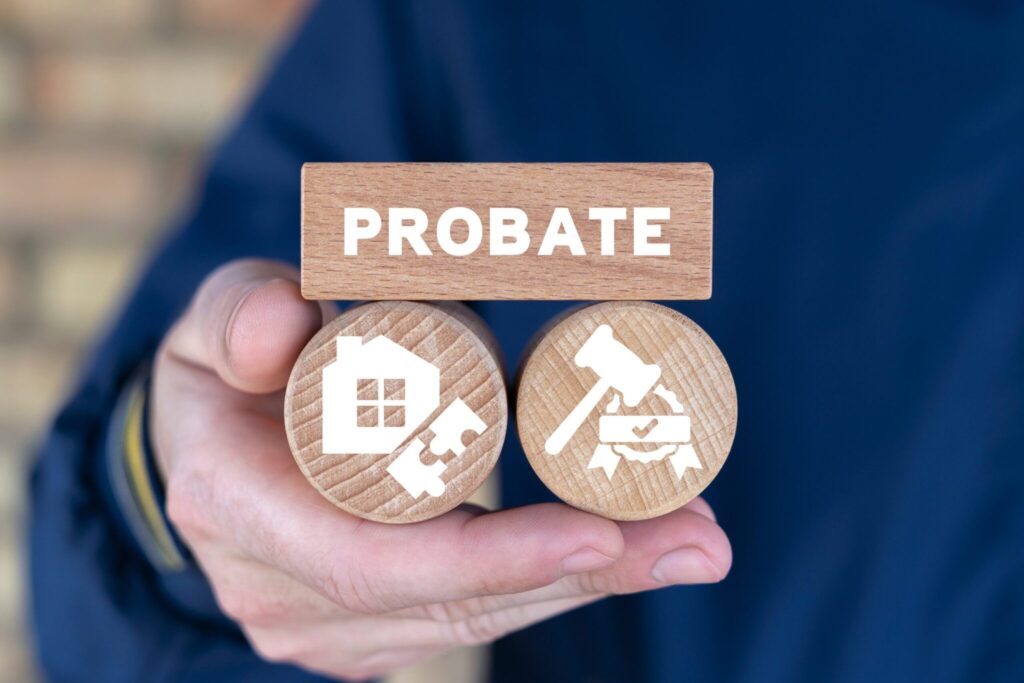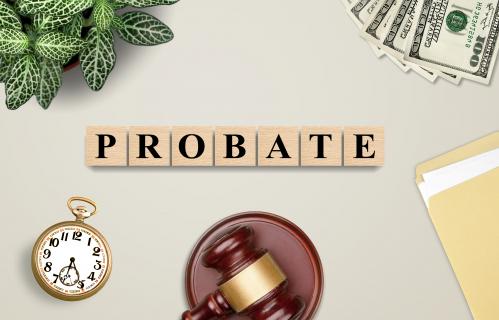If you’ve been named as an executor, one question might be racing through your mind: what does the judge ask when probate a will in Texas? It’s a fair question—especially if this is your first time stepping into a courtroom. Texas probate might seem intimidating, but understanding the judge’s role, the questions you’ll face, and the flow of a probate hearing can make the entire process much less stressful.
Many first-time executors walk into probate court thinking they’ll face a legal grilling. The truth is, for uncontested cases, probate hearings in Texas are usually short, focused, and fairly straightforward. The judge isn’t trying to trip you up—they’re simply ensuring the will is valid and that you’re qualified to serve as executor.
In this detailed guide, we’ll break down exactly what does the judge ask when probate a will in Texas, share real courtroom examples, and arm you with the confidence to handle your probate duties.
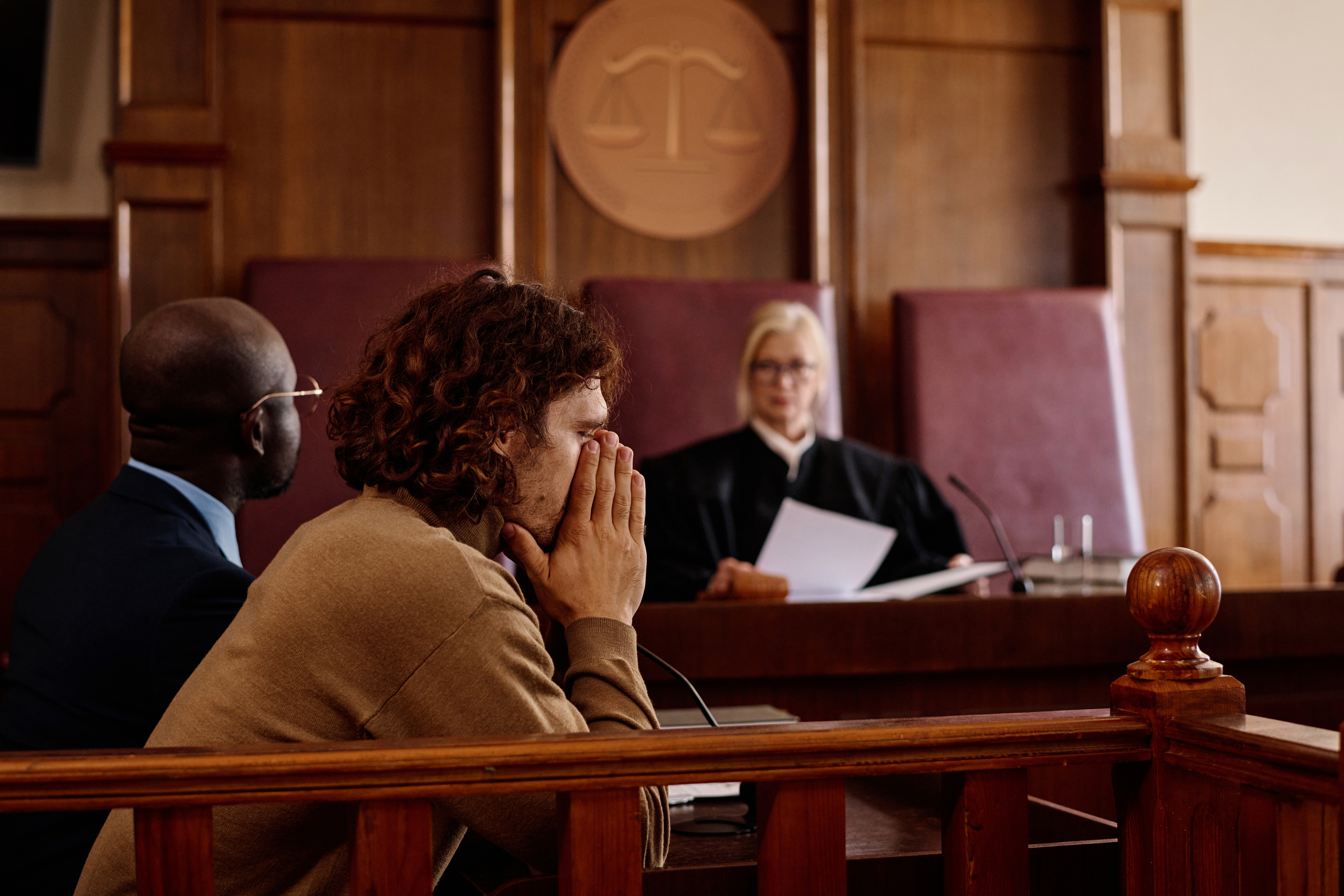
Why Do You Even Have to Go Before a Judge?
Before we dive into the questions, let’s answer a bigger one: why do you need to appear before a judge when probating a will in Texas? Unlike some states, Texas requires probate hearings even for simple, uncontested wills because:
- The court must formally admit the will into probate.
- The judge must verify that the executor (you) is legally qualified to serve.
- Creditors and beneficiaries have the legal right to object or contest.
While the process is more ceremonial for uncontested wills, it serves as a safeguard against fraud or improper administration.
The hearing is not adversarial in most cases. Instead, the judge plays a gatekeeper role—making sure the paperwork is in order and that you understand your legal responsibilities.
Real-Life Story: Amanda’s First Day in Probate Court
Amanda, a 34-year-old schoolteacher from Houston, found herself in probate court after being named executor of her grandmother’s will. She was terrified. The courthouse, the judge, the formal language—it all seemed overwhelming.
But when her hearing started, Amanda was surprised by how simple it was. The judge asked her a handful of basic questions, reviewed the will, and explained her duties. Within fifteen minutes, Amanda walked out of the courtroom with her official Letters Testamentary in hand, empowered and relieved.
Amanda’s experience is far more typical than the intimidating courtroom dramas you see on TV. Most Texas probate hearings are smooth, as long as you’re prepared.
What Does the Judge Ask When Probate a Will in Texas? The Core Questions
The heart of your hearing revolves around proving the will is valid and confirming that you qualify to serve as executor. The judge’s questions usually follow a predictable flow.
Question 1: Was This the Decedent’s Last Will and Testament?
The judge needs to confirm that the document you’ve filed is indeed the person’s final will. You’ll usually hear:
- “Is this the original will of [decedent’s name]?”
- “Was the decedent of sound mind when the will was executed?”
- “Did the decedent revoke or alter this will after signing it?”
If you have the original will in your possession (as you should), this part is typically quick. The judge may ask whether the will was self-proved, meaning it includes a notarized affidavit signed by the decedent and witnesses at the time of execution. A self-proved will streamlines probate significantly.
Question 2: Are the Witnesses Alive and Available?
If the will is not self-proved, Texas law requires testimony from at least one of the witnesses who observed the signing. The judge may ask:
- “Were the witnesses present at the time of execution?”
- “Is at least one witness available to testify or submit an affidavit?”
If witnesses are unavailable—due to death, relocation, or other reasons—your attorney may request alternate evidence to prove the will’s validity.

Question 3: Did the Decedent Die in Texas?
Jurisdiction matters in probate. The judge must confirm that the decedent resided in or owned property in Texas at the time of death. Expect to answer:
- “Where did the decedent reside at the time of death?”
- “Did the decedent own real property located in Texas?”
If real property outside of Texas exists, the judge may note that ancillary probate may be necessary in other states.
Question 4: Has an Inventory of the Estate Been Prepared?
The judge will want assurance that you know what property exists in the estate. Even if the inventory hasn’t been formally filed yet, you may be asked:
- “Do you have knowledge of the assets and debts of the estate?”
- “Will you submit the inventory, appraisement, and list of claims within 90 days?”
In Texas, executors must file an inventory (or an affidavit in lieu of inventory if allowed) within 90 days after receiving Letters Testamentary.
Question 5: Are There Any Contests or Objections to the Will?
This is a critical question. The judge will ask:
- “Has anyone filed a contest to this will?”
- “To your knowledge, is there any dispute regarding the validity of this will or your appointment as executor?”
If no contests exist, the hearing moves forward without much delay.
Question 6: Are You Qualified and Willing to Serve as Executor?
Finally, the judge ensures that you, as executor, are capable of fulfilling your duties. Expect questions like:
- “Have you ever been convicted of a felony?”
- “Are you of sound mind and legally competent to serve?”
- “Do you understand your duties as executor?”
If you answer these questions honestly and confidently, you’ll likely receive your Letters Testamentary.
The Oath of Executor: A Key Part of Your Hearing
Once the judge approves your appointment, you’ll take an oath before leaving the courtroom. This oath is your formal promise to:
- Act honestly and fairly
- Follow Texas probate law
- Manage the estate’s assets responsibly
- Distribute property according to the will
Your signature on this oath carries legal weight. Violating your fiduciary duties can result in civil penalties or even criminal charges.
Real-Life Story: How Marcus Avoided a Major Courtroom Error
Marcus, a 42-year-old software engineer in Dallas, was nervous during his probate hearing. The judge asked him, “Have you ever been convicted of a felony?” Marcus hesitated. Years earlier, as a teenager, he had a juvenile felony on his record but had since built a clean life.
Marcus had disclosed this to his attorney ahead of time, and his attorney had prepared the judge with documentation showing that his juvenile conviction had been sealed. Because of this preparation, the judge allowed Marcus to serve as executor.
This story highlights why honesty and preparation matter so much during probate hearings. Surprises rarely work in your favor. Transparency—paired with legal advice—keeps your case moving smoothly.
What Happens If You’re Not Prepared for the Judge’s Questions?
Walking into probate court unprepared can trigger unnecessary delays:
- The judge may postpone issuing Letters Testamentary.
- You may be asked to obtain additional witness affidavits.
- Creditors or beneficiaries may raise questions you can’t answer.
- The court might require bond (insurance) to protect beneficiaries from potential executor errors.
Preparation is everything. Even in uncontested cases, being ready to answer what does the judge ask when probate a will in Texas prevents embarrassing or costly mistakes.
Do You Always Have to Appear Before a Judge in Texas Probate?
Most probate cases in Texas require at least one brief appearance before a judge. However, some rare exceptions exist:
- Muniment of Title: If the estate has no unpaid debts and only real estate needs to be transferred, the court may skip a full administration process.
- Small Estate Affidavit: For estates valued under $75,000 (excluding homestead and exempt property), probate may avoid a formal hearing altogether.
Still, most standard wills require at least one short hearing for the judge to admit the will and issue Letters Testamentary.
Who Should Attend the Probate Hearing?
In a typical Texas probate hearing:
- The applicant (executor) must attend.
- The attorney representing the estate usually attends.
- Witnesses may attend if the will is not self-proved.
- Other heirs or beneficiaries rarely need to attend unless disputes exist.
Having your attorney by your side ensures you’re fully prepared to answer what does the judge ask when probate a will in Texas confidently and correctly.
What If Someone Contests the Will During the Hearing?
Contested probate cases shift into a more formal trial-like process. If someone contests during your hearing, expect:
- Discovery (exchange of evidence)
- Additional hearings
- Full trial if disputes remain unresolved
- Possible mediation

Contested probate significantly extends timelines, legal costs, and emotional stress. However, most probate cases in Texas proceed uncontested when proper planning and communication occur upfront.
The Timeline: How Long Does a Texas Probate Hearing Take?
Most uncontested Texas probate hearings last between 10 and 30 minutes. However, the entire probate process from filing to final distribution can take 4 to 12 months depending on:
- Complexity of the estate
- Existence of creditors
- Real estate transfers
- Tax issues
- Family disputes
The more prepared you are at the first hearing, the smoother the remaining process tends to go.
Real-Life Story: How Sarah’s Preparation Saved Her Family Months of Delay
Sarah’s father passed away in Bexar County, leaving a well-written, self-proved will naming her executor. She worked closely with a probate attorney before filing and arrived at court with all documentation neatly organized.
During her hearing, the judge breezed through questions because Sarah confidently answered everything: the will’s validity, her father’s assets, lack of contests, and her readiness to serve. Within 15 minutes, she walked out with her Letters Testamentary.
Because of her preparation, Sarah avoided any follow-up hearings or documentation requests. The estate closed smoothly in six months.
Key Takeaways: How to Prepare for Texas Probate Court
To ensure you’re fully prepared for what does the judge ask when probate a will in Texas, follow these tips:
- Review the will carefully before your hearing.
- Know the decedent’s assets and debts.
- Gather required documents: death certificate, will, affidavits, identification.
- Consult a probate attorney ahead of time.
- Communicate with heirs to avoid surprises.
- Practice answering common questions with your attorney beforehand.

Walking into court armed with knowledge transforms an intimidating experience into a manageable one.
Final Thoughts: You Can Do This
The question “what does the judge ask when probate a will in Texas?” may seem intimidating at first. But with preparation, honesty, and proper legal guidance, you can confidently navigate the process.
Judges want to ensure the estate is handled properly—not to scare you or create unnecessary obstacles. If you walk in prepared, calm, and respectful, most probate hearings will proceed smoothly. Probate may feel like a daunting legal rite of passage, but many first-time executors handle it successfully every day. You can, too.



